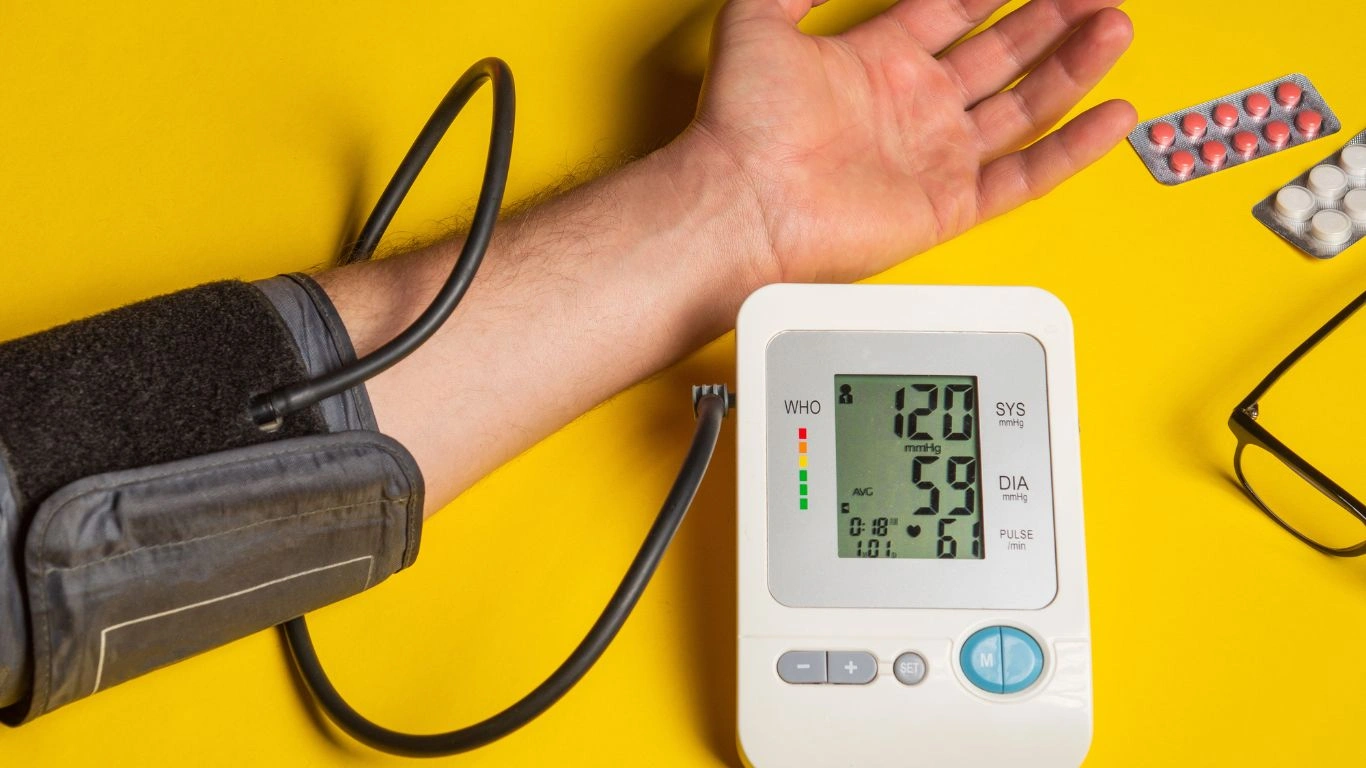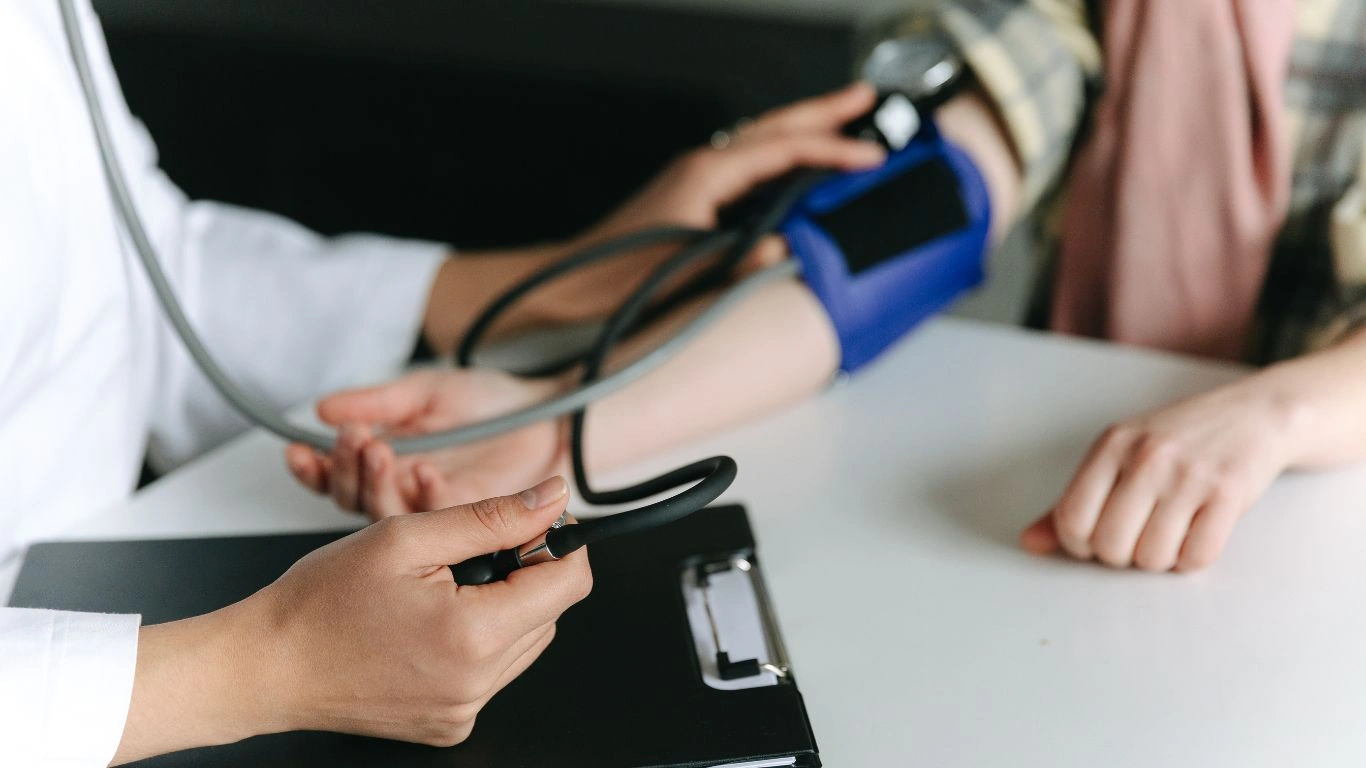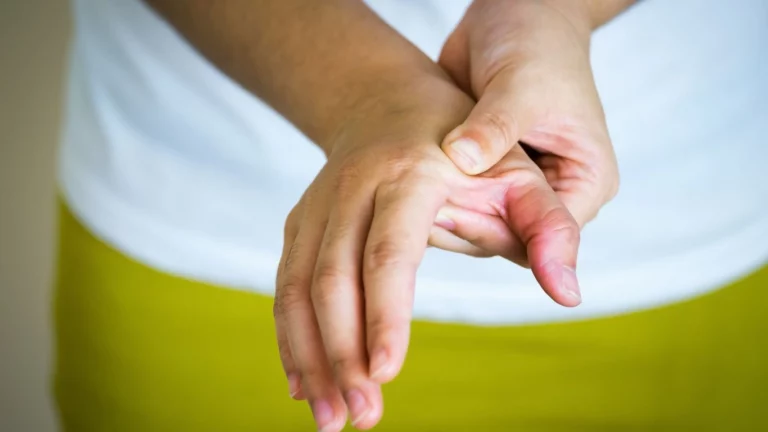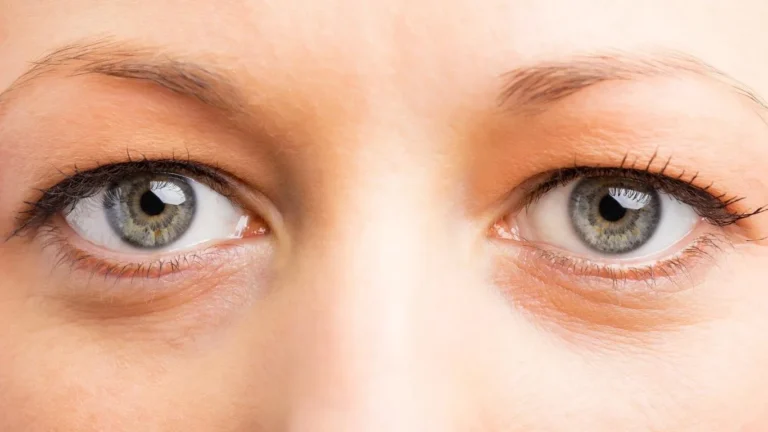Tips to Reduce Systolic Blood Pressure Quickly
Feeling that spike in your blood pressure? Don’t panic—there are simple, effective ways to bring it down fast. Whether it’s a stressful day or something else, lowering systolic blood pressure quickly can make all the difference. Here’s your guide to managing that top number like a pro.

What is Systolic Blood Pressure?
Let’s break it down. Systolic blood pressure is the top number in your BP reading—it’s the force of your blood against your arteries when your heart beats. If it’s too high (anything above 120 mmHg is worth paying attention to), you might need to act fast to bring it down, especially if you’re feeling symptoms like headaches or dizziness. 
Why Quick Action Matters
Think of high systolic pressure as a warning sign. When it stays elevated for too long, it can strain your heart, damage arteries, and increase the risk of a stroke or heart attack. Acting quickly can help prevent complications, but it’s also important to find long-term solutions.
Tips to Reduce Systolic Blood Pressure Quickly
Sometimes you just need that number down now. Here are some tried-and-true methods:
1. Take Slow, Deep Breaths
When you’re stressed, your blood pressure can shoot up. Sit down somewhere quiet, close your eyes, and breathe deeply. Inhale for 4 seconds, hold for 4, and exhale for 4. This can help calm your nervous system and bring your BP down. 
2. Drink a Glass of Water
Dehydration can raise blood pressure. A simple glass of water can help normalize things. Bonus points if it’s slightly warm—it might relax your blood vessels more effectively.
3. Go for a Quick Walk
Walking, even for just 10 minutes, can improve circulation and reduce blood pressure. A brisk walk outdoors? Even better. Fresh air can help you destress and reset.
4. Eat Something Potassium-Rich
Potassium helps balance sodium levels, which can reduce blood pressure. Snack on a banana, some spinach, or an avocado. It’s a tasty way to help your heart.
5. Reduce Sodium Intake Immediately
If you’ve been snacking on salty foods, stop. Sodium causes water retention, which increases blood pressure. Skip the chips, and drink water instead.
6. Use the Power of Magnesium
Magnesium is great for relaxing your blood vessels. If you’ve got a supplement handy, take it. If not, nibble on magnesium-rich foods like almonds or dark chocolate (in moderation).
7. Try Progressive Muscle Relaxation
This involves tensing and then relaxing different muscle groups, working from your toes to your head. It’s like giving your body permission to chill out.
Long-Term Strategies for Systolic Blood Pressure Management
Quick fixes are great in a pinch, but consistency is key for heart health. Here’s what you can do for the long haul:
1. Keep Moving
Regular exercise is like magic for blood pressure. Aim for at least 30 minutes of moderate activity most days of the week. Walking, cycling, or yoga—all good choices.
2. Adopt a Heart-Healthy Diet
Think DASH diet—lots of fruits, veggies, whole grains, and lean protein. Cut down on processed foods and saturated fats.
3. Watch Your Weight
Shedding even a few pounds can significantly lower your blood pressure. Every little bit helps!
4. Limit Alcohol and Quit Smoking
Too much alcohol and smoking are bad news for blood pressure. Keep alcohol intake moderate, and if you smoke, work on quitting. Your heart will thank you.
5. Manage Stress Like a Pro
Stress is a sneaky culprit for high BP. Incorporate meditation, journaling, or even just downtime into your routine to keep stress in check.
Appendices
FAQs
- How quickly can I lower my systolic blood pressure? With techniques like deep breathing or a short walk, you may notice a drop within minutes. However, lasting changes take consistent effort.
- Is it safe to lower systolic blood pressure rapidly? For most people, gradual changes are best. But if it’s dangerously high, follow your doctor’s advice and act fast.
- What foods should I avoid to keep my BP in check? Steer clear of salty snacks, processed foods, and anything loaded with trans fats or added sugars.
- Can stress alone cause high blood pressure? Yep! Stress hormones can temporarily spike your BP. That’s why managing stress is so important.
- Should I monitor my blood pressure at home? Absolutely! Home monitoring is a great way to track your progress and catch any issues early.
References
- American Heart Association (2024). Understanding High Blood Pressure. Read Article
- Johns Hopkins Medicine (2023). Tips for Managing Hypertension. Read Article
- Mayo Clinic (2024). Lifestyle Changes for Blood Pressure Control. Read Article
Disclaimer
This information is for educational purposes only and is not a substitute for professional medical advice. Always consult with a healthcare provider for guidance tailored to your health needs.

Dr. Gwenna Aazee is a board-certified Internal Medicine Physician with a special focus on hypertension management, chronic disease prevention, and patient education. With years of experience in both clinical practice and medical writing, she’s passionate about turning evidence-based medicine into accessible, actionable advice. Through her work at Healthusias.com, Dr. Aazee empowers readers to take charge of their health with confidence and clarity. Off the clock, she enjoys deep dives into nutrition research, long walks with her rescue pup, and simplifying medical jargon one article at a time.







